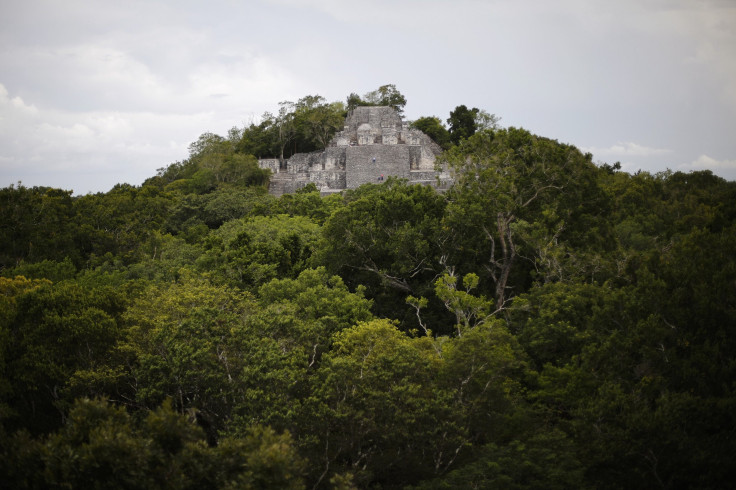Guatemala: Scientists Unearth 1400-Year-Old Mayan Artifacts

Archaeologists from the La Corona Archaeological Project have discovered three well-preserved ancient Mayan panels from northern Guatemala. According to the team, the Mayan panels date back around 1,400 years.
The BBC reports that the recovered panels show ancient hieroglyphics that represent the ancient culture and traditions that were practiced during the Mayan civilization. In addition, the panels also show the image of a Mayan king dancing, inscribed on a stone.
According to the archaeologists, the largest piece among the three artifacts is almost a meter high and depicts beautiful and well-preserved ancient stone carvings and Mayan scripts. The excavations have been transferred to the Guatemala city for further study and research.
"These panels are incredibly well preserved, and, for being about 1,300 to 1,400 years old, we are extremely surprised and excited about the fact that they preserve such [a] wonderful amount of detail," said Marcelo Canuto, the co-director of the archaeology project.
Researchers believe that the priceless panels carry information about how the transfer of powers took place during the Mayan civilization. Canuto says that the artifacts show an important clue about how a Mayan ruler turns into a king. “It gives us a step-by-step process by which a king over a period of two years is not a royal member of a dynasty and then becomes king of the site."
The archaeology team working on the project says that the ancient excavations obtained from the site are rare and provide an excellent piece of information bout the Mayan civilization. Canuto says that any text available till date does not explain the details of the civilization in such great detail, as the ancient hieroglyphics obtained from the site.
Much of the history associated with the Mayan empire is a mystery. However, it is believed that the Mayan Empire was centered around today's Guatemala area, and the people began to settle in the area between 2600 B.C. and 1800 B.C.
© Copyright IBTimes 2024. All rights reserved.





















